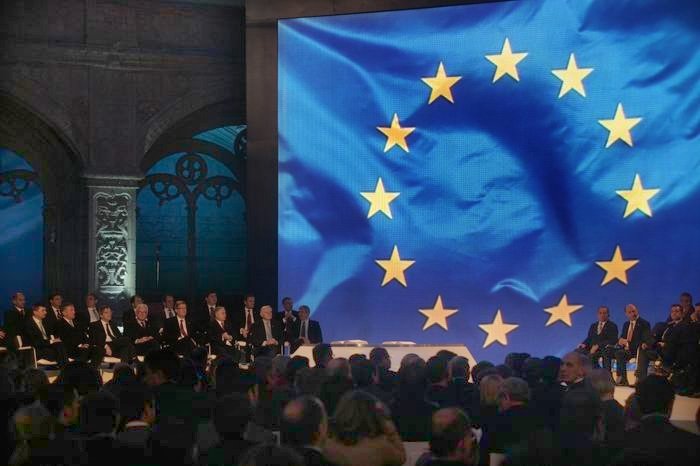The Treaty of Lisbon, which came into force on December 1, 2009, marked a significant milestone in the history of the European Union (EU). This reformative measure aimed to streamline EU operations, enhance decision-making efficiency, and increase transparency. By amending the Maastricht Treaty and the Treaty of Rome, the Treaty of Lisbon provided a new framework for the functioning of the EU, modernizing its structure and strengthening its democratic principles.
One of the key objectives of the Treaty of Lisbon was to give the European Parliament a more prominent role in the decision-making process. It expanded the Parliament’s legislative powers, allowing it to co-decide on a wide range of policy areas, including agriculture, fisheries, and justice. This shift towards a more democratic and accountable system ensured that the voices of the European citizens were better represented in EU decision-making.
Another significant change introduced by the Treaty of Lisbon was the creation of a permanent President of the European Council. Prior to the treaty, the presidency of the Council rotated among member states every six months. This frequent change in leadership often led to inconsistencies and hindered long-term planning. With the appointment of a permanent President, the EU gained stability and continuity in its leadership, enabling more effective and strategic decision-making.
In addition to these reforms, the Treaty of Lisbon also aimed to clarify the rights and responsibilities of member states within the EU. It established the principle of subsidiarity, which states that decisions should be made at the most appropriate level, whether it be at the EU level or by member states themselves. This principle ensured that the EU respected the sovereignty of its member states while still allowing for effective cooperation and integration.
The Treaty of Lisbon also enhanced the EU’s ability to act as a global player. It created the position of High Representative for Foreign Affairs and Security Policy, who is responsible for coordinating the EU’s external actions and representing the Union on the international stage. This strengthened the EU’s capacity to address global challenges and promote its values and interests worldwide.
Furthermore, the Treaty of Lisbon introduced mechanisms to increase transparency and citizen participation in EU decision-making. It granted citizens the right to petition the European Parliament, allowing them to voice their concerns and contribute to EU policy discussions. The treaty also enhanced the role of national parliaments in EU affairs, ensuring that decisions made at the EU level were scrutinized and debated by representatives of member states.
The Treaty of Lisbon was not without its critics and controversies. Some argued that it increased the centralization of power in the EU, potentially undermining the sovereignty of member states. Others believed that it did not go far enough in addressing the democratic deficit within the EU. However, overall, the Treaty of Lisbon was seen as a necessary step towards a more efficient, transparent, and accountable European Union.
In conclusion, the Treaty of Lisbon, which came into force on December 1, 2009, was a landmark reform for the European Union. It streamlined EU operations, enhanced decision-making efficiency, and increased transparency. By giving the European Parliament a more prominent role, establishing a permanent President of the European Council, clarifying member states’ rights and responsibilities, and enhancing the EU’s global presence, the Treaty of Lisbon modernized the EU structure and strengthened its democratic principles. Despite the criticisms it faced, the Treaty of Lisbon played a crucial role in shaping the future of the European Union.
SEO Excerpt:
The Treaty of Lisbon (2009) was a significant reformative measure for the European Union, streamlining EU operations, enhancing decision-making efficiency, and increasing transparency. This article explores the historical background, key changes, and controversies surrounding the Treaty of Lisbon, emphasizing its impact on the EU’s structure and democratic principles.

